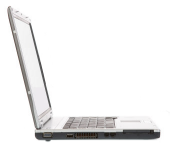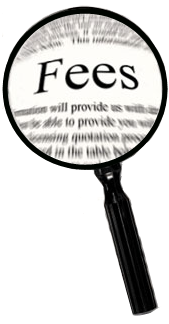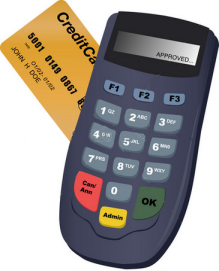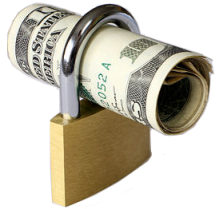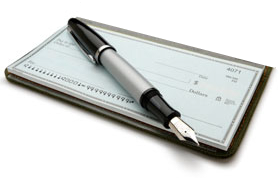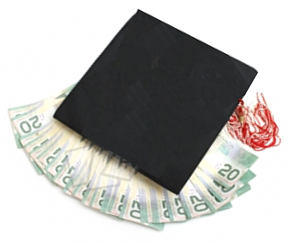
Some consumers may have stashed away money for future emergencies. We actually advocate that individuals maintain an emergency fund in a highly liquid account to cover unexpected issues such as medical emergencies, unemployment, theft or casualties. This fund should cover at least six months worth of living expenses. If that’s the case, you’ve likely opened up a money market or savings account and haven’t looked back. Unfortunately, money held in inactive savings and money market accounts can be subject to fees by the bank. Learn how to avoid these inactivity fees. Read More.
